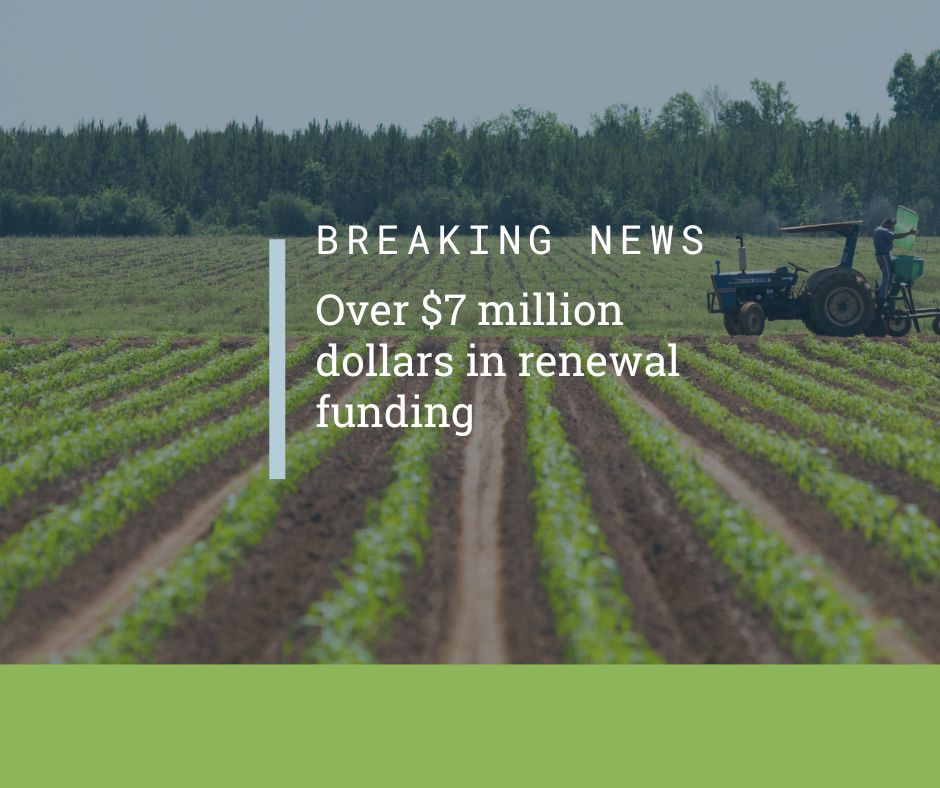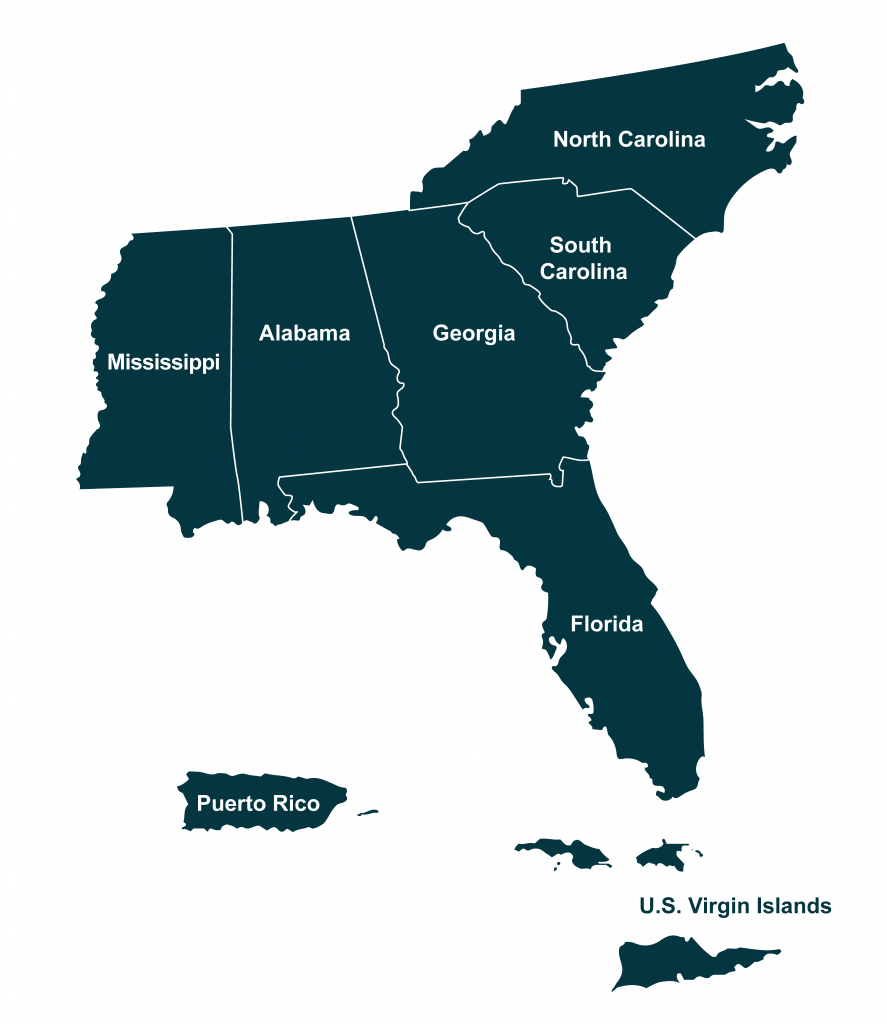Workers in agriculture, fisheries and forestry are among those at greatest risk nationally for injury and work-related health problems. Additionally, work-related fatalities are nearly seven times higher in these industries compared to all other industries in the United States.
With the goal of reducing the incidence and severity of chronic and acute health and safety problems in these occupational groups, the University of Florida’s Southeastern Coastal Center for Agricultural Health and Safety, or SCCAHS, has been awarded $7 million in renewed funding from the National Institute of Occupational Safety and Health, which is part of the Centers for Disease Control and Prevention.
SCCAHS has developed a solid portfolio of innovative research and outreach projects since its establishment in 2016, and the new grant will extend this work for another five-years.
Dr. J. Glenn Morris, Jr., director of the UF Emerging Pathogens Institute and a professor of infectious diseases, is the project director of SCCAHS. Communications and outreach will be overseen by Tracy Irani, professor and chair of the department of family, youth, and community sciences in the UF Institute of Food and Agricultural Sciences (UF/IFAS).
SCCAHS is a collaborative effort between UF/IFAS, the UF College of Public Health and Health Professions, and the UF Emerging Pathogens Institute.
“We’re investigating some really complex challenges that are at the intersection of health and agriculture, so it is important we bring together experts from multiple perspectives,” Morris said.
“Agricultural workers are exposed to a variety of hazards, including extreme heat and ergonomic risks, and we are working to improve the health and safety of our workforce,” Irani said. “While our researchers are exploring new solutions and interventions to health and safety challenges, our outreach team is working to ensure these interventions get into the hands of the agricultural workers and stakeholders that need them For example, during the pandemic, we provided educational resources in Spanish and Haitian Creole to Extension professionals and sponsored free Mental Health First Aid trainings and supplies to agricultural workers and Extension county faculty affected by recent hurricanes and flooding, and we look forward to providing similar support in the future.”
The renewal funding for SCCAHS will also support new research on the kidney health of agricultural workers in Florida.
Using artificial intelligence tools to analyze electronic health records, the researchers hope to understand what factors may put agricultural workers in the U.S. at risk of developing chronic kidney disease of unknown origin, or CKDu, a condition currently only found among agricultural workers in Asia and Latin America. CKDu is a form of kidney disease that is unrelated to common risk factors that typically contribute to chronic kidney disease among the general public, such as diabetes and high blood pressure
“If our research shows that agricultural workers in Florida are developing CKDu, our next step would be to put in place prevention strategies to minimize the risk of such outcomes,” Morris said.
A companion project will aim to understand how the disease develops and identify new biomarkers that will allow for earlier detection of CKDu. The disease tends to be diagnosed late, when the affected person’s kidneys fail. Earlier detection could lead to earlier intervention and better health outcomes, such as avoiding dialysis.
SCCAHS is part of a Centers for Disease Control and Prevention (CDC) / National Institute for Occupational Safety and Health (NIOSH) Agricultural Health and Safety Initiative. One of 11 agricultural health and safety centers across the country, SCCAHS explores and addresses the occupational safety and health needs of people working in agriculture, fishing, and forestry in Alabama, Florida, Georgia, Mississippi, North Carolina, South Carolina, the U.S. Virgin Islands and Puerto Rico.
The University of Florida is the lead institution of this Center, partnering with the University of South Florida (USF), Florida State University (FSU), Florida A&M University (FAMU), Emory University, Morehouse School of Medicine and the University of the Virgin Islands.




